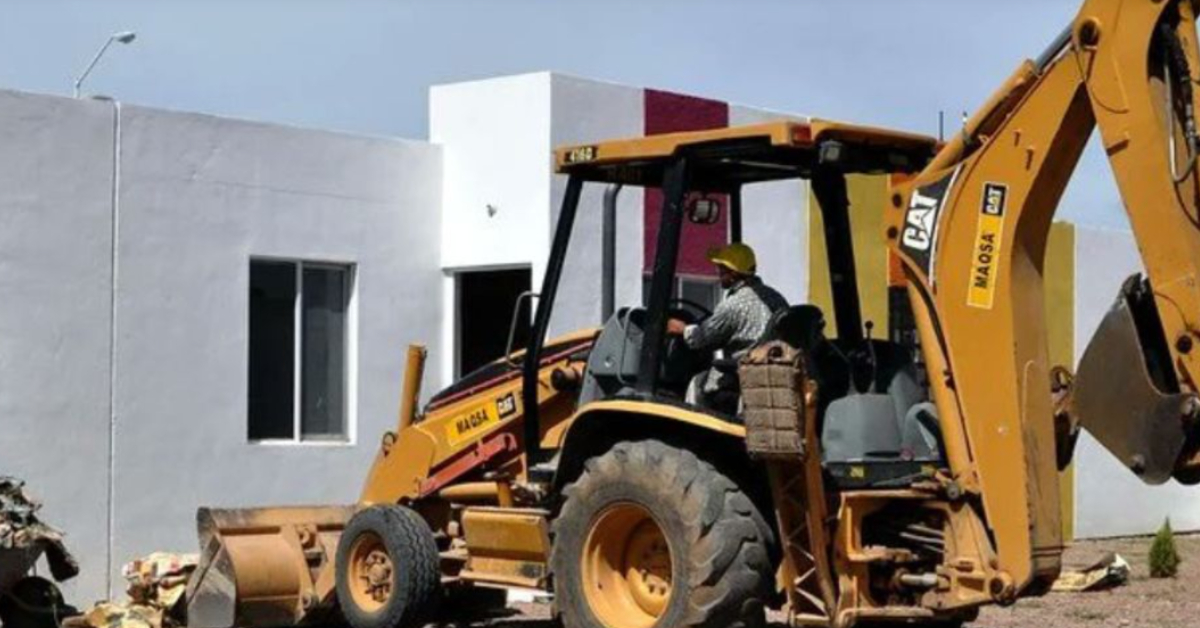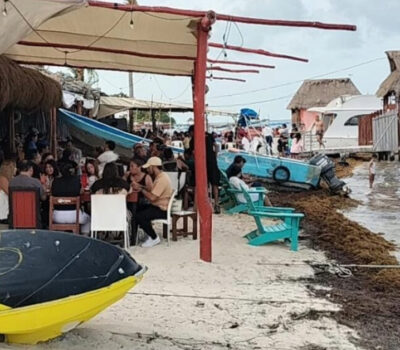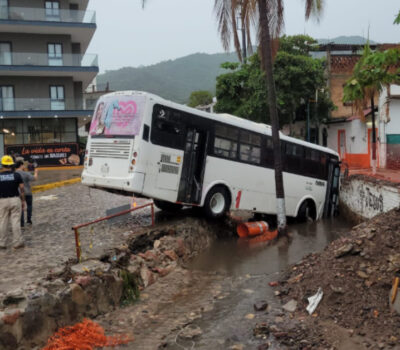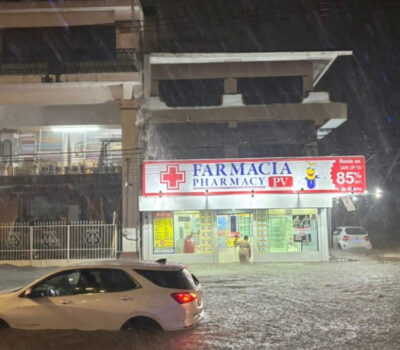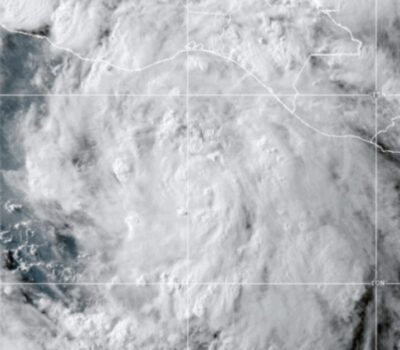Bahía de Banderas will soon see the construction of 150 affordable homes for low-income families, part of a federal housing program aimed at supporting vulnerable communities.
A new chapter in social housing is unfolding in Bahía de Banderas, where construction is set to begin on 150 affordable homes aimed at families with limited income or without access to social security. The project forms part of a federal initiative to expand housing opportunities for Mexico’s most vulnerable populations.
The development will rise on a plot of land covering just over one hectare, strategically located next to the Paraíso Vallarta subdivision near the community of San Vicente. Its location was chosen to ensure easy integration into existing neighborhoods and access to essential urban services, such as public transportation, schools, and healthcare facilities.
The effort is being led by the National Housing Commission (CONAVI), which will oversee both the selection of beneficiary families and the assignment of construction responsibilities to a qualified contractor. According to CONAVI, the goal is to maintain transparency throughout the process while ensuring construction standards that provide safety and dignity to future residents.
“This project is not just about bricks and mortar—it’s about restoring dignity and security to families who have long struggled without a home of their own,” said a CONAVI representative familiar with the planning phase. “We aim to create a space where people can build lives, not just houses.”
Housing With a Purpose
The homes will be built under the federal housing access program, an initiative specifically created to combat the country’s housing deficit by targeting sectors of the population that traditionally have been excluded from formal credit systems or lack affiliation with social security institutions.
Each of the 150 homes is expected to follow a standardized yet adaptable design that prioritizes sustainability, space efficiency, and affordability. The development will include infrastructure to connect homes to utilities and community services, a feature often missing in informal housing zones.
Local authorities have expressed strong support for the initiative, noting its potential to improve living conditions while fostering stronger, more inclusive communities. “This is a big step toward bridging the inequality gap in Bahía de Banderas,” said a municipal planning official. “Safe and affordable housing is one of the pillars of community development.”
Economic Boost for the Region
Aside from the long-term social benefits, the project is also expected to stimulate short-term economic activity. Construction is scheduled to begin in the coming weeks, generating a wave of job opportunities in the building sector and related industries.
Local contractors and suppliers may also benefit as CONAVI moves to formalize agreements with construction firms, aiming to source materials and labor as locally as possible.
“This development represents hope for families and opportunity for workers,” said the official. “We expect this project to inject energy into the local economy during its construction phase and leave a lasting impact on the community.”
Long-Term Vision
Though the project is centered around housing, its implications go beyond just shelter. By offering families the security of homeownership, it paves the way for long-term financial stability, better health outcomes, and improved educational prospects for children.
CONAVI emphasized that careful vetting will be carried out to ensure that the homes go to families most in need. While the timeline for completion has not yet been disclosed, the immediate next step is breaking ground—a symbolic and literal beginning to what many hope will become a model for inclusive development in the region.
As Bahía de Banderas continues to grow, developments like this mark a shift in urban planning priorities. Instead of catering only to tourism and luxury markets, this project represents a deliberate investment in the lives of everyday residents—those who have been waiting years for a place to call home.
Bahía de Banderas will soon see the construction of 150 affordable homes for low-income families, part of a federal housing . . .

